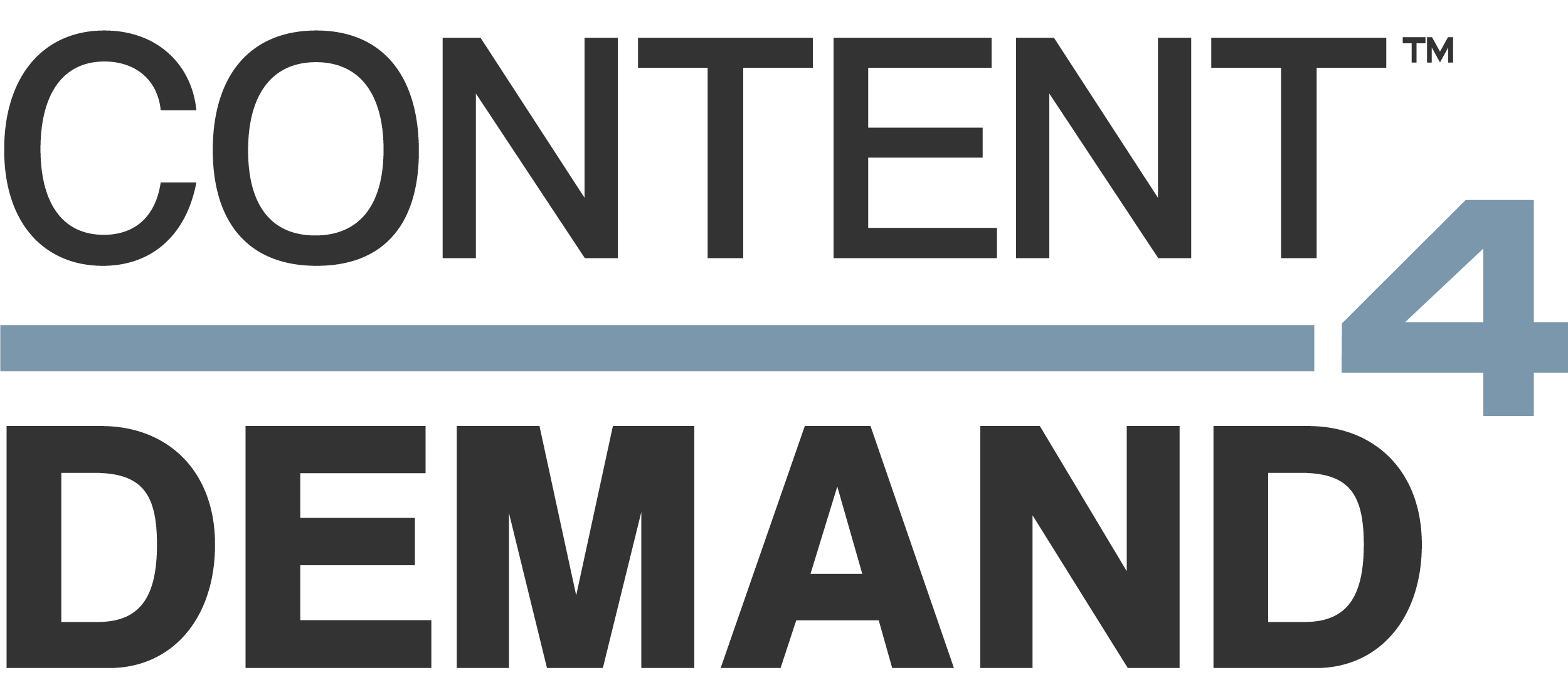While Google doesn’t specifically cite content as a ranking factor in search, it’s more than implied. What are users searching for, after all, if it isn’t content in some shape or form? Prioritizing SEO in your marketing plan means prioritizing content marketing.
Google search algorithms analyze web pages to determine the relevance of the pages’ content to search queries. That analysis takes stock of keywords in headings and body text, alongside aggregated and anonymous interaction data that suggests whether users actually find the content relevant to their searches.
In essence, Google is divining the searcher’s intent and whether or not a site helped them accomplish it. The elements of a successfully ranked content page can vary depending upon that intent.
E-A-T Your SEO
You may be familiar with Google’s E-A-T guidelines, which suggest that Expertise, Authority and Trustworthiness are vital factors in ranking algorithms. These scores are determined by Google employees who test search-result quality. But they aren’t actually ranking factors, but they certainly help content rank higher.
Expertise: Google assesses whether content creators have the required expertise in a particular field to speak credibly about the topic. That doesn’t always mean a degree or credential. if you have children, for example, you can speak authoritatively on the experience of being a parent but not necessarily about children’s neurological development. Context matters. So the useful takeaway about expertise for content creators is to take care that content demonstrates subject matter expertise and passes a thorough fact check.
Authority: The clearest indicators of authority on a topic are quality links. The more other credible sites point to your content as a valuable source, the more authority you demonstrate on a given topic, as far as Google is concerned. These links indicate not just that you know what you’re talking about, but that others recognize it. That recognition may also come from reviews, shares, mentions and citations.
Trustworthiness: When Google seeks indicators that you’re trustworthy, it might look to testimonials, awards and other credentials conferred on your site or your content creators. You can underscore your trustworthiness by sharing case studies, testimonials, product or service reviews and detailed bios of your SMEs and content creators.
Your Money or Your Life
Basic E-A-T alone doesn’t always satisfy Google’s appetite for evaluating your content. If you sell products or provide services that affect users’ health, happiness or finances, Google places you in a Your Money or Your Life (YMYL) category that’s held to a stricter standard.
Websites for financial services, healthcare, legal services and e-commerce are all held to this YMYL standard, which helps Google steer users toward credible sources and away from content that could harm them.
Create Content With a Purpose
Your content must be designed to benefit your prospects and buyers. In truth, the quality of your content is more important to your success than any Google algorithm.
Put real energy into developing content your readers will find useful and worthy of sharing. Make sure your content does not contain broken links, a distracting amount of ads, outdated sources and statistics, or spelling and grammar mistakes.
Lean into information users will find helpful, like contact information and a blog. If you have brick-and-mortar sites, publish addresses and business hours. Invest in content that users can’t find or is otherwise better than what they’ll find elsewhere. Bring content to life with relevant images of your people and products. Engage readers with comments, widgets and frequent content updates.
Developing content that answers E-A-T and YMYL guidelines is important. So is publishing content strategically to guide buying committee members through their purchasing journey. And of course, you need to do all of this in a way that stands out from competitors, delights users and ignites action. That requires not just a thorough understanding of what your prospects need, but what they enjoy, where they go for information and how they prefer to consume that information.
It’s a lot for a busy marketing team to accomplish. That’s why so many successful marketing organizations enlist the help of expert content marketing agencies like Content4Demand.
We live and breathe strategic content and take great pride in the trust our clients place in us. If you need help developing content your audiences will E-A-T up, schedule a no-commitment call to discuss your content challenges.
Holly Celeste Fisk
Holly Celeste Fisk is an accomplished marketing pro with 20+ years of experience in B2B and B2C. She’s responsible for Content4Demand’s internal marketing efforts, managing everything from content creation and email marketing to events and sponsorships, blog publishing, website management and social media presence. When she’s not working, you’ll find her sliding into third at softball, buried in a book or practicing her Italian.



